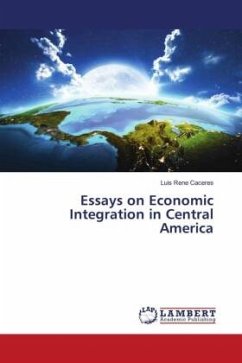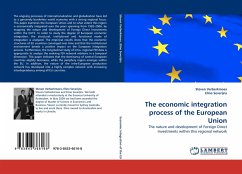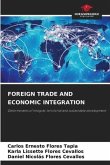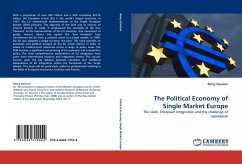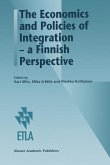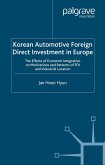This book presents empirical evidence, from the Central American integration process, that economic integration can play an important role as a national development strategy. The first chapter shows that the reduction of gender inequality in a country generates impulses of economic growth in that and the other member countries. A similar result is obtained in relation to the increase in the quality of education, which has repercussions in increasing the growth rates of all countries. The analysis of the monetary policy transmission mechanism in a dollarized country, such as El Salvador, shows that its economic activity index does not respond to increases in its money supply, but it does respond to increases in the money supplies of the other Central American countries. Other chapters show that economic integration is a means to reduce self-employment and increase quality employment in all countries. The role of remittances in boosting the economic growth of member countries is also analyzed. The book ends with an analysis of the unilateral trade liberalization carried out by the member countries of NAFTA and its role in the dynamics of their economies.

